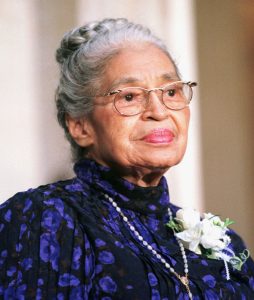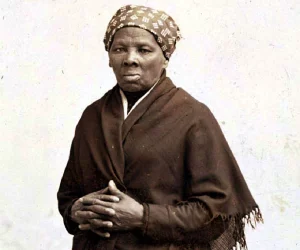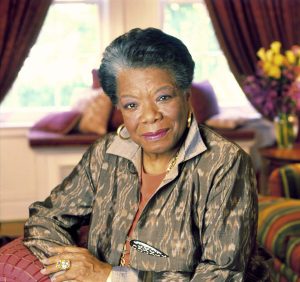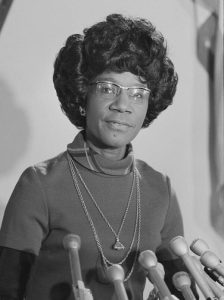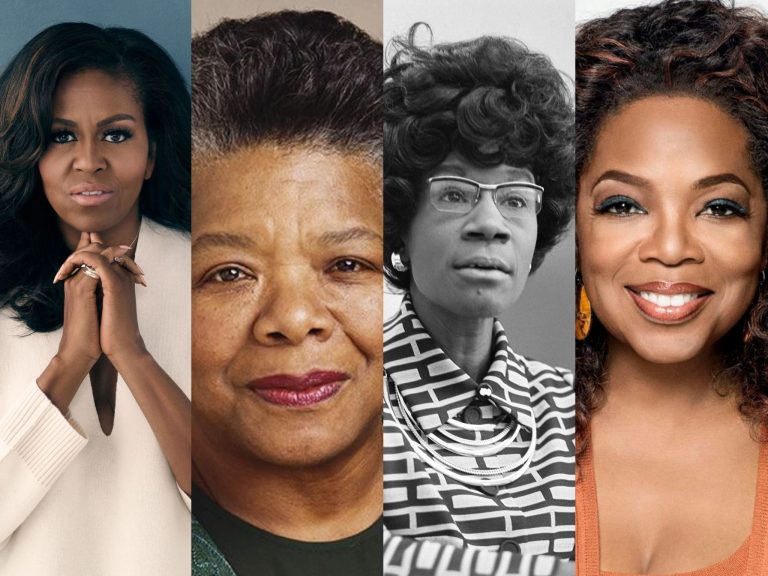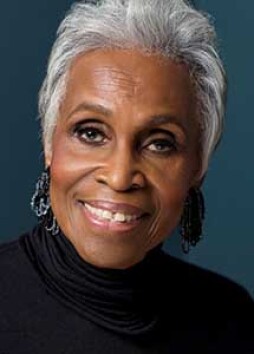INTRODUCTION TO DOROTHY B. GILLIAM
Dorothy B. Gilliam is a trailblazer in American journalism who has made significant contributions to the industry. Born in Memphis, Tennessee, in 1936, Gilliam grew up in a segregated society and faced many challenges as a young woman of color.
Despite the obstacles she faced, Gilliam pursued a career in journalism and became the first African American woman to work as a reporter at a major newspaper. Throughout her career, Gilliam has worked to increase diversity and inclusion in newsrooms and has mentored countless young journalists.
In this blog, we will explore the life and legacy of Dorothy B. Gilliam and examine the impact of her work on the industry and society as a whole.
EARLY LIFE AND CAREER OF DOROTHY B. GILLIAM
Dorothy B. Gilliam’s early life and career shaped her worldview and inspired her to pursue a career in journalism. Gilliam attended Lincoln University in Jefferson City, Missouri, where she studied journalism and became involved in the civil rights movement.
After graduating, she worked as a teacher in Nashville, Tennessee, and later as a public relations specialist in Washington, D.C. During this time, she became interested in journalism and began taking classes to improve her skills. In 1961, she was hired as a reporter at The Washington Post, starting a career spanning several decades.
CHALLENGES FACED BY WOMEN IN JOURNALISM
Throughout much of the 20th century, women faced significant barriers to entry into journalism. Many newspapers and magazines had strict gender roles, with women relegated to writing about “soft” topics such as fashion and cooking.
Women were often not taken seriously as journalists and were frequently subjected to harassment and discrimination in the workplace. Despite these obstacles, women like Dorothy B. Gilliam persevered and fought for equal opportunities in the industry.
Gilliam’s success as a journalist paved the way for future generations of women and people of color in the field.
DOROTHY B. GILLIAM’S CAREER AT THE WASHINGTON POST
Dorothy B. Gilliam’s career at The Washington Post spanned several decades and covered many important issues. She was a strong advocate for civil rights and education and worked to increase the representation of women and people of color in the media.
In 1972, she was promoted to assistant editor, making her the first African American woman to hold an editorial position at The Washington Post. Gilliam’s work at the newspaper helped to shape the national conversation on issues such as race, gender, and social justice, and her impact on the industry continues to be felt today.
IMPACT OF HER WORK ON WOMEN IN JOURNALISM
Dorothy B. Gilliam’s work at The Washington Post and her advocacy for diversity and inclusion in journalism have impacted the industry. Her commitment to telling the stories of marginalized communities and her dedication to increasing representation in newsrooms inspired many young journalists to follow in her footsteps.
Gilliam’s work helped break down industry barriers and create a more inclusive and diverse media landscape. Today, more women and people of color are working in journalism than ever, and the industry strives for greater diversity and representation.
AWARDS AND RECOGNITION RECEIVED
Throughout her career, Dorothy B. Gilliam received numerous awards and honors for her work in journalism and advocacy. In 1983, she was awarded the Pulitzer Prize for Special Local Reporting for her coverage of school desegregation in Washington, D.C.
She has also received awards from the National Association of Black Journalists, the Women’s Media Center, and the International Women’s Media Foundation,
DOROTHY B. GILLIAM’S CONTRIBUTIONS TO DIVERSITY AND INCLUSION IN JOURNALISM
Dorothy B. Gilliam’s contributions to diversity and inclusion in journalism are far-reaching and enduring. She has been a vocal advocate for increasing newsroom representation and creating a more inclusive media landscape.
Gilliam has mentored countless young journalists and has worked to create opportunities for women and people of color in the industry. Her work has helped to diversify newsrooms and ensure that the stories of all communities are represented in the media.
BOOKS AUTHORED BY DOROTHY B. GILLIAM
In addition to her work as a journalist, Dorothy B. Gilliam has authored several books on race, gender, and journalism. Her first book, “Paul Robeson: All-American,” was published in 1976 and explored the life of the African American singer, actor, and civil rights activist.
Her other books include “Skin Deep: Black Women and White Women Write About Race” (1996), which she co-edited with Julia P. Johnson, and “Trailblazer: A Pioneering Journalist’s Fight to Make the Media Look More Like America” (2019), which chronicles her own career and advocacy work.
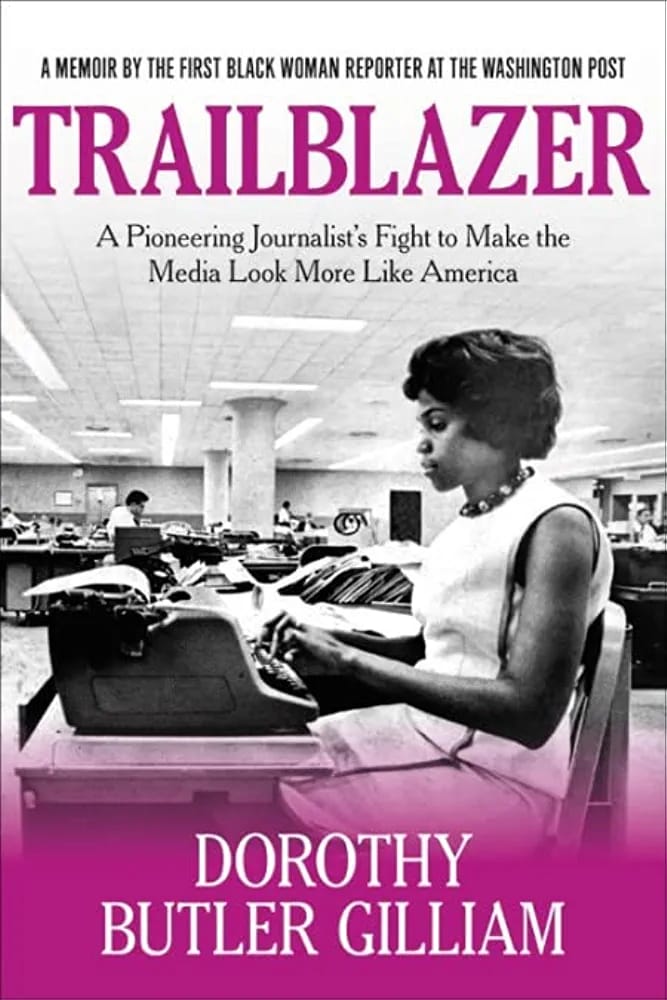
LEGACY OF DOROTHY B. GILLIAM
Dorothy B. Gilliam’s legacy in journalism and advocacy has been significant. Through journalism, she helped shape the national conversation on civil rights, education, and social justice issues. She also fought for greater diversity and inclusion in newsrooms, mentoring young journalists and advocating for more excellent representation of women and people of color.
Gilliam’s advocacy helped break down industry barriers and create a more inclusive and diverse media landscape. Today, her legacy inspires and guides journalists striving for more significant equity and representation in the industry.
CONCLUSION
In conclusion, Dorothy B. Gilliam’s contributions to journalism have been significant and far-reaching. As a trailblazer and advocate for greater diversity and inclusion, she helped break down industry barriers and create a more equitable media landscape.
Through her work as a journalist and author, she brought attention to important issues such as civil rights, education, and social justice. Her legacy continues to inspire and guide future generations of journalists who seek to make the media look more like America.
As we progress, we must remember and honor the trailblazers like Dorothy B. Gilliam, who paved the way for a more inclusive and diverse industry.
